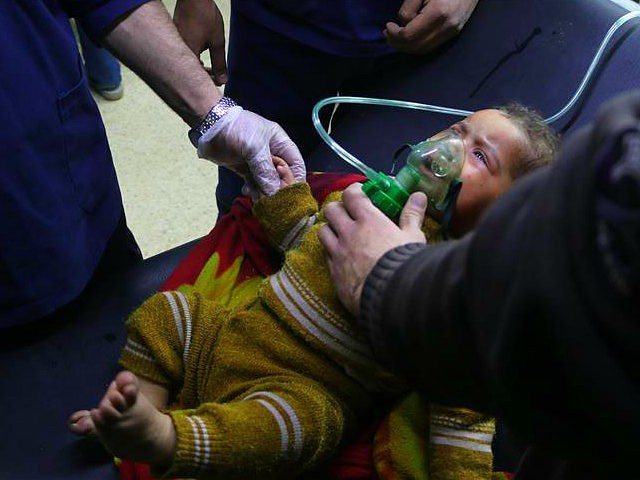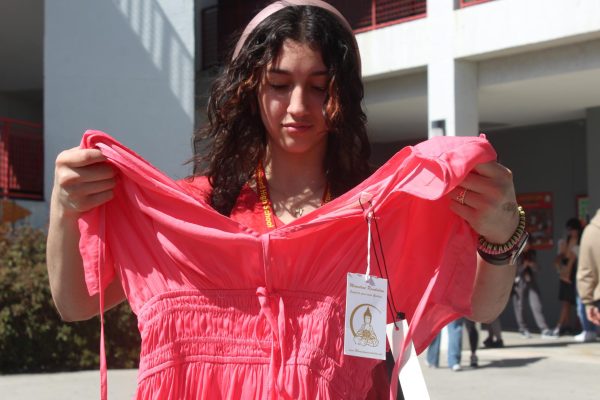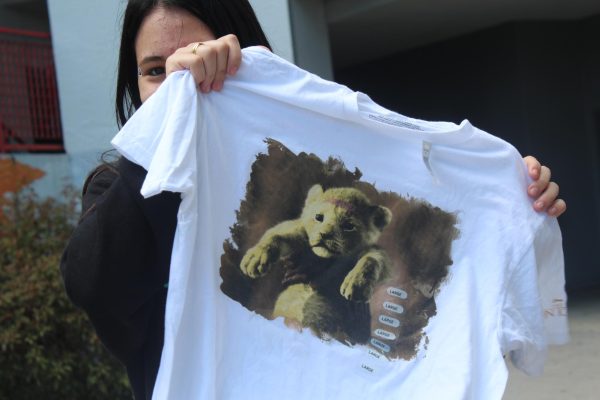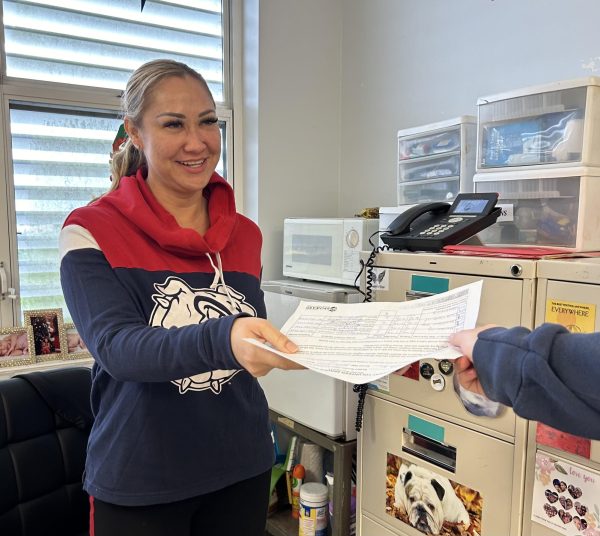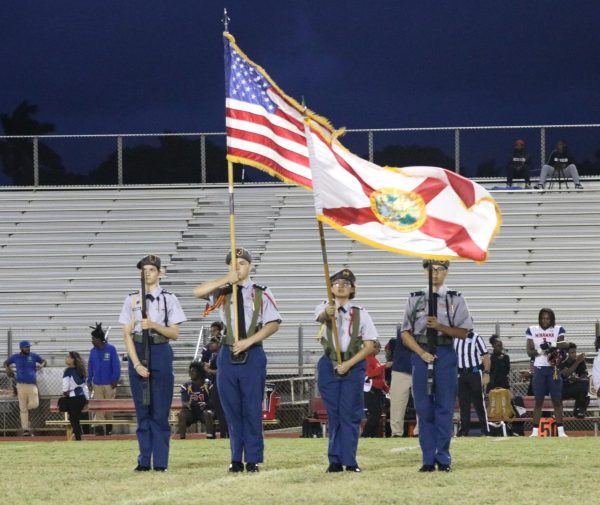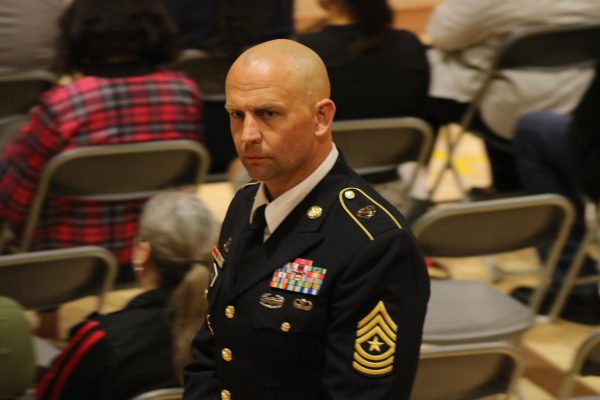Chemical Bombings in Syria
SBHS react to latest al-Assad attack on rebels.
May 4, 2018
Thousands of civilians ran for cover as chemical bombs rained down from the sky over the city of Douma in Syria on Saturday, April 7.
“When I heard about this, I started thinking about our country,” said South Broward High School (SBHS) student Gabriella Ortiz.
Oriz hadn’t been paying too much attention to the news (especially not foreign), however the attack has led her to staying more aware and informed. The main concern for her is not whether the United States would be capable of defending us from these type of threats, but if we were going to get involved at all.
“It most likely won’t end well for either side,” Otiz stated.
In February of this year, the Syria government attacked rebel groups, leaving approximately 1,600 dead. President Bashar al-Assad and forces loyal to him were believed to be the source of the attacks. Their goal: continue to separate, conquer, and terminate remaining rebel groups.
Prior to April 7, the Syrian government managed to discourage two of the three the larger rebel groups, however, the leading group in Douma continued to stand their ground.
Desperate to discourage future rebellions, the attacks raged all through March and the beginning of April.
“It’s messed up, I don’t understand why they would do something like that,” said Mishel Almaleh, another student at SBHS.
She read about the damage after the attacks in the news. Homes destroyed, and more than 40 people which were confirmed to have choked to death by the airstrikes.
Other news stations said that survivors came in crying about their burning eyes and breathing problems. It was heartbreaking for Almaleh, since her father had lived near Syria for many years.
“I would be absolutely terrified if my government bombed me with chemicals because I have an opinion,” said Almaleh.
According to the Syrian American Medical Society (SAMS), more than 500 cases -the majority of whom are women and children- were brought to local medical centers with symptoms indicative of exposure to a chemical agent. Patients showed signs of respiratory distress, central cyanosis, excessive oral foaming, corneal burns, and the emission of chlorine-like odor.
“It would be very painful. That would hurt so much. I don’t want that to happen in the states,” said Ortiz.
Doctors at these medical facilities worked hard to save as many lives as possible. Certain cases involved ventilators, and others were hosed down with water to rid the skin of the chemical agent.
“I have respect for the medical teams there,” Jordyn Chazulle said.
As a student taking the General Paper class, she is encouraged to watch as much news as possible. As a result, she has read a lot about foreign news. It didn’t come as a huge surprise for her, knowing about the attacks since March.
“I was wondering how far the Syrian government was willing to go, I guess I got my answer,” Chazulle added.
The days after the attack, the leading rebel group surrendered. The attacks subsided from there.

